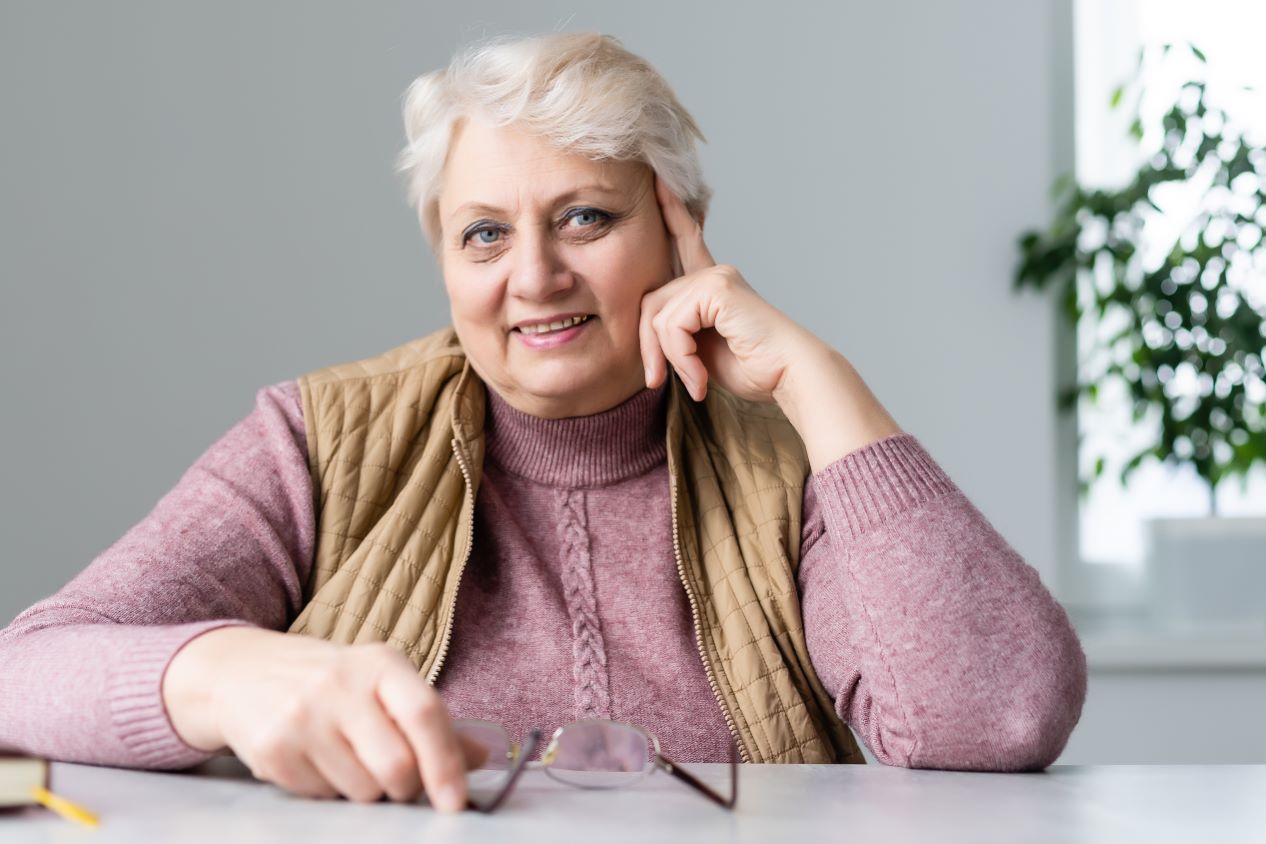The “Caregiver” Label
By Angela Lunde (Mayo Clinic)

Recently, I reconnected with a lovely couple I met a while back, Nick and Marie. It’s apparent they’ve been in a caring relationship with one another for many, many years. Yet, when their doctor recently addressed Marie as a caregiver (Nick is living with early-stage Alzheimer’s), Marie was a bit rattled, stating, “I’m a wife.”
So, when does the label “caregiver” replace “wife”? If your husband or wife receives a diagnosis of Alzheimer’s, do you leave the doctor’s office with a new label, title, and role? When do spouses label themselves as caregivers?
To a large degree, we rely on labels to define ourselves. Labels connect us to our identities and self-worth: I’m a wife, I’m a husband, I’m a father, I’m a daughter, I’m an artist, I’m a manager, I’m a vegetarian. Often these labels don’t necessarily reflect who we are as much as what we do, what our social status is, or how we function in life.
In a society that puts so much emphasis on the desire to “be something,” many of us grapple with figuring out exactly who we are in relation to our world. Importantly, the words we use to describe ourselves largely influence the way we think. And the way we think drives our emotions, our expectations, and our behaviors.
Instead of being “a caregiver,” Maria chooses to see herself as a wife in a caregiving or supportive role. For her, “caregiving” is a verb and not a definition — one that describes her relationship to Nick, rather than who she is or her relationship with herself.
The ability to see ourselves beyond our jobs, roles, labels and titles and as the real, genuine substance of who we are is defined as the “authentic self.” It’s who you are at your absolute core, not defined by anything external. Authentic self is all of the things that are uniquely yours and need expression.
For those in caregiving roles, faced with never-ending tasks, a sense of authentic self is often diluted and quite possibly something that gets lost early on in the caregiving journey. For many people providing care to loved ones, the authentic self may be found somewhere in the space between who they were in their previous roles and the person they are caring for.
For many, finding an authentic self while caring for a loved one is a delicate balance between the extremes of selfish and selfless — the balance that rises out of compassion and loving care, and ends well before neglecting our own needs. It’s an inner sense that you matter, that you deserve to be healthy and whole just as much as the person you’re caring for.
I think many caregivers would agree that they don’t want caregiving to define who they are. However, identifying yourself as being in a caregiving role, as Marie does, may help. When people identify themselves being in a caregiving role, or as a care partner, they often begin to pay attention to information, resources, and services that can help them.
Most importantly, when you recognize that you’re in a caregiving role, you become part of a large group of a people with common issues, needs, and concerns. You begin to build recognition not of who you are, but of what you do.
When we name and label a role that we have, we validate our experiences. We say to the world: Here I am, acknowledge me, hear me, support me, I matter.